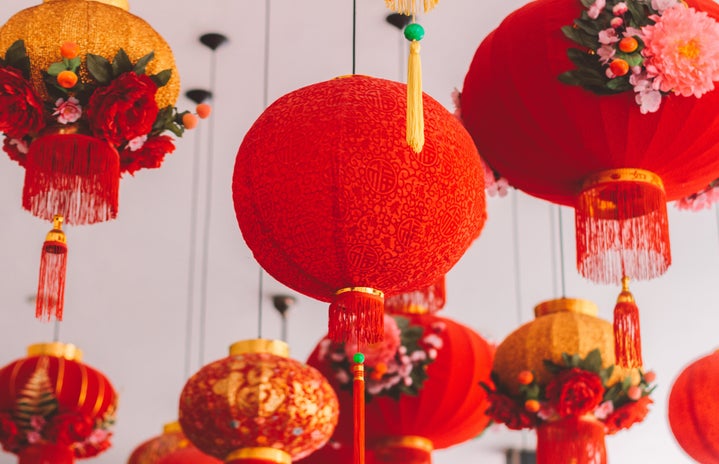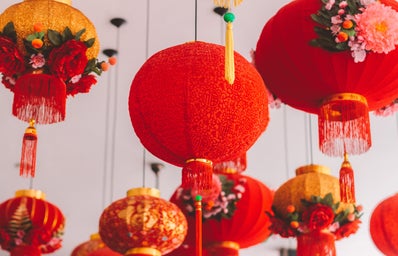Lunar New Year, which began Feb. 1, 2022, is one of the most anticipated holidays of the year for my family and I. Being born in Canada to immigrant parents, I was expecting to follow the very strict traditions my family had established. Lunar New Year is the time to celebrate and focus on the prosperity of the upcoming year. Just like how Christmas is one of the biggest holidays in Western countries, Lunar New Year is one of the biggest celebrations in Asian culture.
For the Chinese, Lunar New Year consists of a series of events, roughly two weeks long, starting from Lunar New Year’s Eve, in preparation for the new year. It is a tradition for my family to thoroughly clean the house and get a haircut to sweep away and chop off any “bad fortune” that can take away from the incoming luck we will be receiving. Honouring my ancestors or going to a temple is a way of letting our ancestors “feast first” before we do.
The New Year’s Eve dinner is called “reunion dinner,” and is believed to be the most important meal of the year. This feast usually contains certain foods that symbolize luck and prosperity. Some common dishes we eat include:
- Fish: One of the most symbolic dishes. In the Chinese language, fish is called yú, which is synonymous with an abundance of food and wealth.
- Chicken: Serving a whole chicken (including the head and feet) represents the unity of a family.
- Dumplings: Symbolizes wealth and prosperity as their shape resembles ingots.
- Oranges: Serves as good fortune and are often brought in exchange when visiting relatives.
While there are a variety of activities taking place throughout this period, there are also things we are not supposed to partake in. This includes washing or cutting your hair on New Year’s Day as it is believed to wash away wealth and prosperity. Instead, we are often told to get a haircut beforehand so that any lingering “bad luck” gets chopped off. Additionally, wearing black or white is highly discouraged during Lunar New Year because they are considered to be “unlucky” as they are often associated with funerals. In contrast, wearing red is favourable as it is bright and deemed to bring in good luck for the year. Any major cleaning done after Lunar New Year is dissuaded because it is associated with sweeping good luck away.
Lunar New Year is an extremely exciting time of year for me as I get to celebrate with my close family members, reminding me of how far they have come today. It inspires me to learn more about my culture so that I can pass along these valuable traditions for generations to come.


